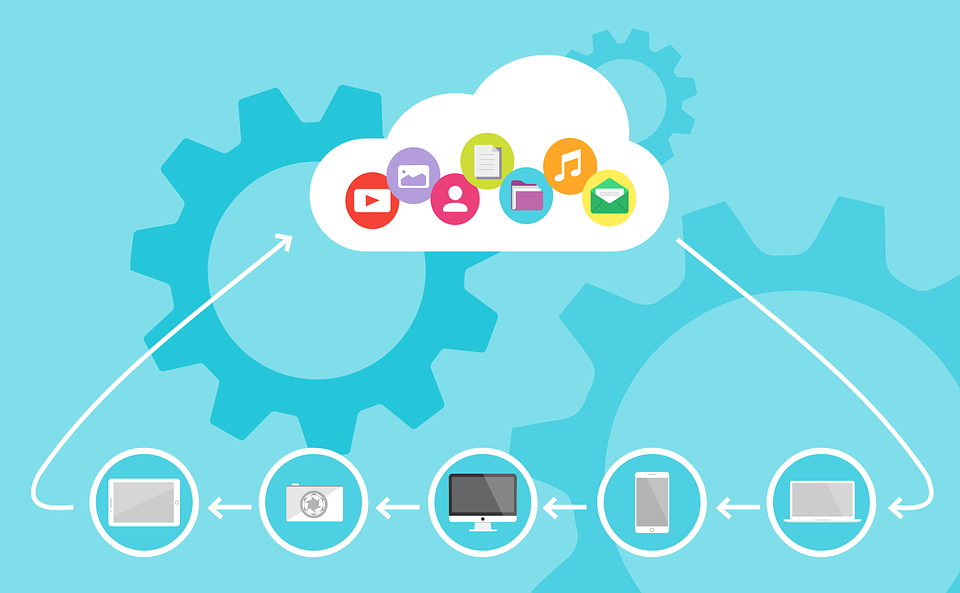You may have heard the term cloud computing or “Cloud Computing”, so you understand what is cloud computing? There are so many definitions flying around that you wouldn’t be alone if you struggled to define it. Cloud computing is simply a set of pooled computing resources and the services offered on the web.
Cloud computing
Cloud computing is not to be confused with grid computing, utility computing, autonomous computing or related to the interaction of a number of resource virtualization. Cloud servers™ connect and share information based on the level of site traffic on the entire network. Cloud computing is often offered as a service “through the Internet, usually in the form of infrastructure as a service (IaaS), platform as a service (PaaS), or software as a service (SaaS).

Customers using cloud computing does not have to raise capital to buy, manage, maintain and expand the physical infrastructure needed to handle drastic traffic fluctuations. Instead of having to invest the time and money to keep their sites featured; with cloud computing customers need only pay for the resources they use. Highlights the special characteristics of cloud computing is the ability to calculate elasticity, stretch resources, means that customers no longer need to predict traffic, but can promote their sites is strong and in a natural way. A technique for peak traffic becomes a thing of the past.
Simply put, cloud computing is the virtualization of computing resources and applications. Instead, you use one or more of the real server (just before the eye, can touch it, can you push the toggle button) then you will use the resources to be virtualized (virtualized) environment through the Internet. They from the cloud and cloud are from metaphors (metaphor) for the Internet.
So, to be able to deploy an application (for example a Web page), you must go buy/rent one or more servers (server), then put the server in the data center (data center), the cloud now allows you simplified the process of purchase/ rent. You just raised its requirements; the system will automatically pick up the free (free) resources to meet your requirements. Therefore, including a few basic benefits of cloud computing is as follows:
Using computational resources dynamically (Dynamic computing resources): The resources allocated to business what business wants an immediate way. Instead of the business must calculate whether to extend or not, must invest the server business then just ask “Hey, cloud, we need additional resources equivalent to 1 CPU 3.0 GHz , 128 GB RAM… “and the cloud will seek resources to provide for you”.
Reduce costs: enterprises will have the ability to cut costs to purchase, sale, installation and maintenance resources. Apparently instead of having to send a specialist to go buy a server, the server settings, server maintenance then you don’t need to do anything in addition to determine the exact needs and the resources required. Too convenient!.
Reduce complexity in the structure of the business: businesses produce goods which must have both a IT professionals to operate, the server maintenance is too expensive. If this process were to outsource business will only focus on the production of the goods his expertise and reduce the complexity of the structure.
Increased ability to use computational resources: one of the questions the headaches of the investment resources (e.g. servers) is how long it will run out of depreciation, I like investment with interest whether or not there be outdate about technology or not … When using the resources on the cloud, you don’t have to care about this anymore.
However, to be able to make the most of the cloud, then it is important that businesses need to find a “cloud” provider is good enough to satisfy yourself all the things on. In the future, the cloud will be helpful when it’s reaching even to the use of the surplus resources in your own personal computer.






